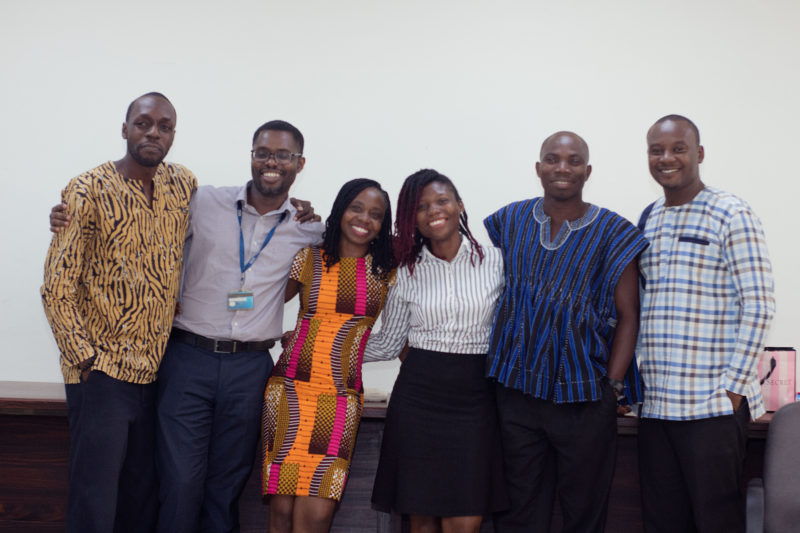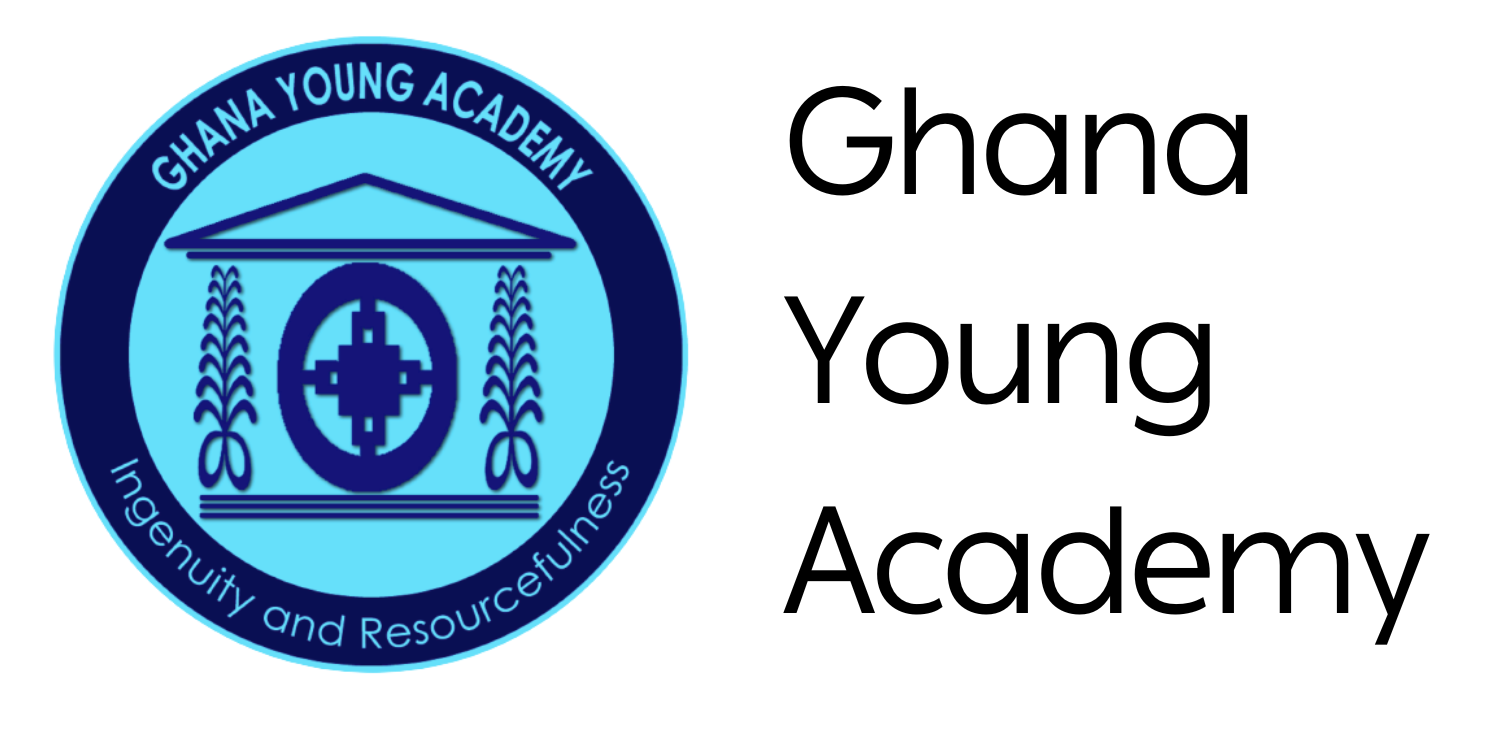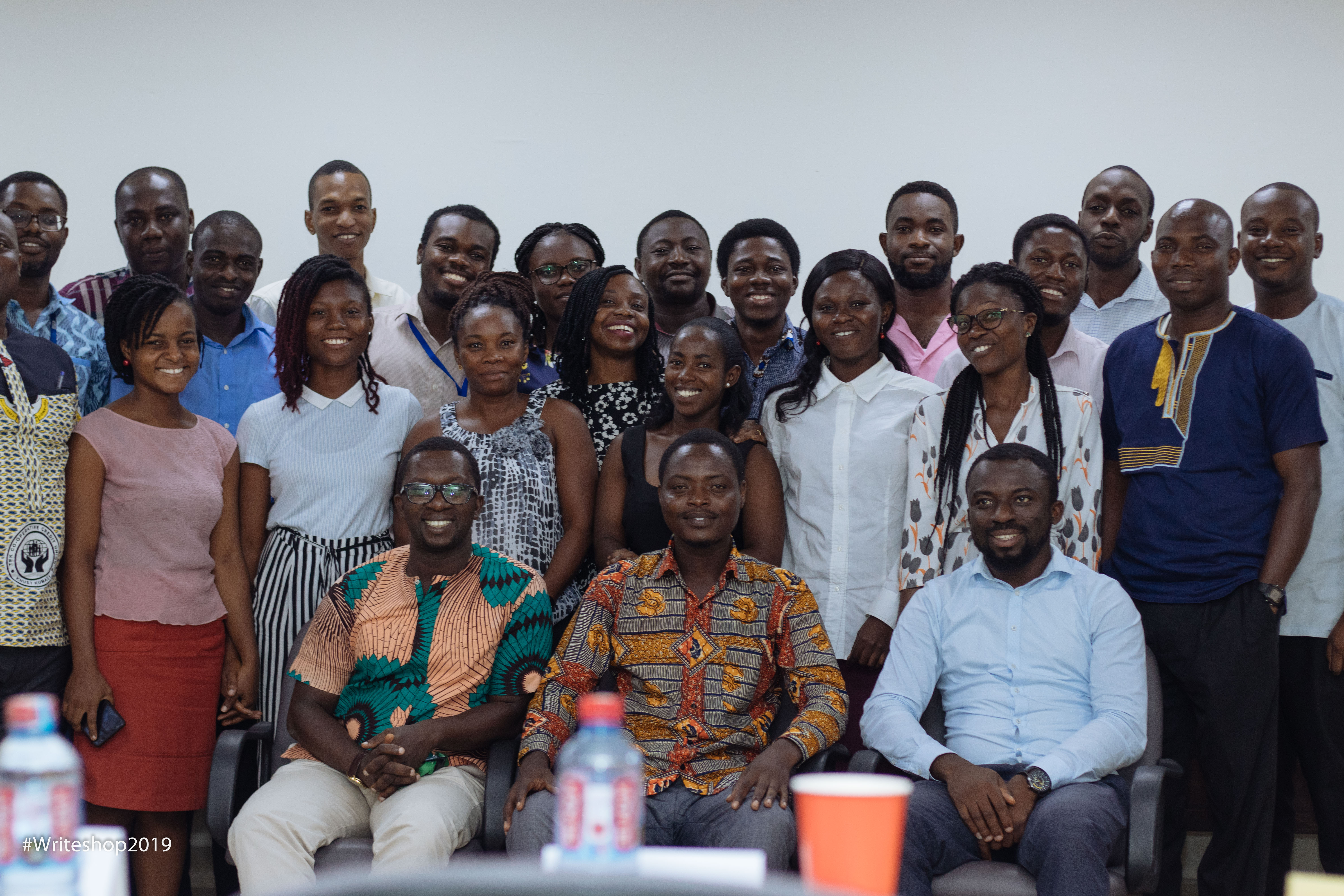Kumasi, May 23-24, 2019.
For the second year running, our Academic writing workshop, WriteShop 2.0, came off on May 23 to 24, 2019 at the Faculty of Pharmacy and Pharmaceutical Sciences, KNUST, Kumasi. This was organized in collaboration with the Academia Social and Research Pharmacists’ Association of the Pharmaceutical Society of Ghana.
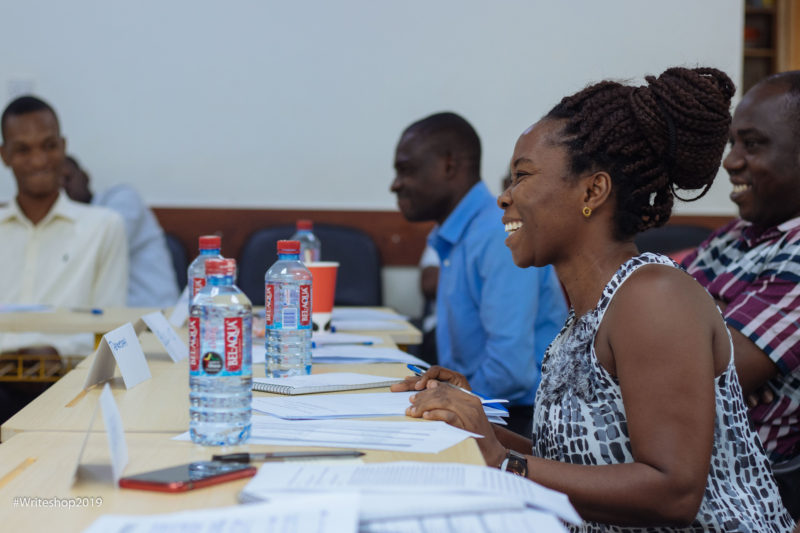
The workshop brought together young researchers from various STEM fields, including Engineering, Chemistry, Food Science and Agriculture. This year saw many more researchers expressing interest in the workshop. The Beginner’s Level Workshop was attended by twenty (20) applicants competitively selected. WriteShop prides itself in providing opportunity for researchers to work on their manuscripts in a relaxed and cordial atmosphere, through guided discussions.
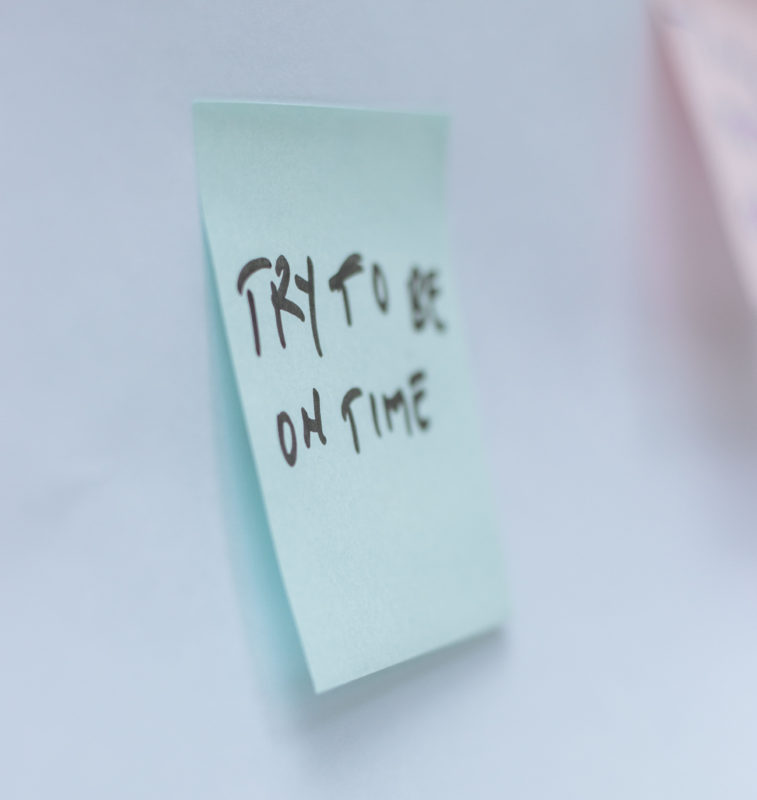
The workshop kick-started with participants getting to know each other as well as the facilitators, in addition to drafting a Class Charter. Dr. Priscilla Mante opened the first session with an overview on ‘Getting ready to write’ and context of why we write as academics. The presentation included a lot of question-and-answer sessions to promote interaction and encourage participants to contribute to the discussion. The aim of this session was to introduce to participants the general format of an academic paper in addition to identifying target journals for a paper.
Participant comment: “….the workshop was enjoyable, instructors were clear on their topics, very interactive and engaging….”
The next session on composing an introduction and identifying your research question was handled by Dr. Edmund Ekuadzi. Participants were paired up and allowed to peer-review the introduction sections of papers that had been submitted by other participants and give constructive feedback. This feedback was to be used to improve their writing. Feedback sessions were moderated by Facilitators to ensure they were properly structured. During, the feedback session other issues were addressed such as how to respond to reviewer comments received after submitting papers for publication.
Other sections of an academic paper such as methods, results, discussion, title and abstract were handled by other facilitators. Participants were required to re-write their papers, taking into consideration the feedback they had received and new information they had learnt from the talks.
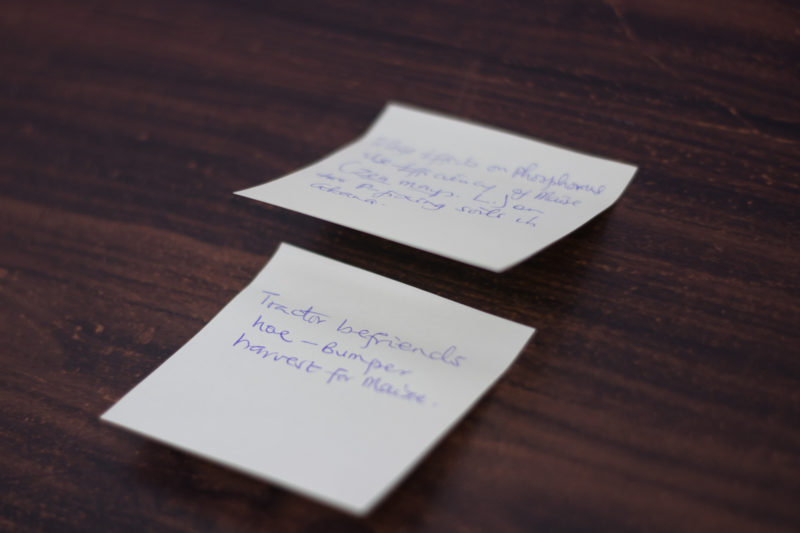
A considerable amount of time on day 2 was spent on learning how to communicate to a non-scientific audience and Public Engagement. This session was moderated by Dr. Thomas Tagoe. Public Engagement in science is important because it promotes mutual learning between scientists and the public and helps to introduce multiple perspectives to scientific endeavours. It is of most importance in our current environment for researchers to be able to engaged with society. The inclusion of a Public Engagement session in the workshop is the GhYA’s approach to training the next generation of well-rounded scientists. The participants signed off with an enthusiastic conversation expressing appreciation for the cordiality and openness of the facilitators and suggestions on topics/areas to be considered in future workshops.
